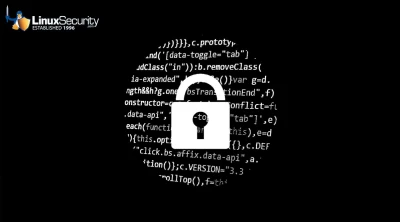Hey there, fellow Linux admins and infosec pros! Today we explore data governance, its meaning, and how it helps organizations communicate data security policies between teams. Data governance involves ensuring we're following our data security policies, so we'll also discuss how Linux admins can use tools like OpenVAS, snort, and many others to mitigate risk, ensure we're following data standards and regulations, monitor access to data and how it's being used, and even how to respond to a security incident.
Passkey security and secure, efficient Linux device management for MSPs are also topics we explore this week.
If you found this newsletter valuable, please share it with a fellow Linux security geek! Is there a Linux security-related topic you want to cover for our audience? We welcome contributions from passionate, knowledgeable community members like you!
Yours in Open Source,

Using Open Source to Ensure Compliance & Data Integrity through Data Governance
Because of the changing nature of the data management environment, many businesses are turning to data governance consultancy as a compliance tool. Data governance consulting aims to help businesses develop strategies, policies, and frameworks to ensure their data's security, privacy, and integrity. Linux and open-source security play a crucial role in achieving these objectives for organizations that use Linux-based systems and open-source software. Let’s explore the principles of effective data governance consulting and examine how Linux and open-source security play a crucial role in protecting data integrity and ensuring compliance. We’ll then discuss some tremendous open-source data governance tools that Linux admins can use to meet these objectives. |
Empowering MSPs with Straightforward Linux Device Management
Linux device management is pivotal in contemporary managed service providers' (MSPs) core operations. The essence of Linux device management is optimizing operational efficiency, ensuring robust endpoint protection, and expanding service by incorporating Linux-based solutions. In a competitive MSP landscape, these benefits empower MSPs to meet and exceed their clients' expectations. Let’s examine how MSPs can simplify Linux device management to streamline operations and improve security. |
Unlocking the Future of Authentication: Passkeys vs. Passwords
Passwords are no longer required with the emergence of passkeys, which is one of the main advantages of this convenient, up-and-coming feature. Let’s discuss in more depth what a passkey is and examine the pros and cons of using one so you can decide whether to exchange passwords for passkeys. We'll also explore how major organizations use passkeys and explain how you can implement passkeys securely through all platforms. |
















